Women’s Rights to Attend Mosques: Breaking Misconceptions
Category :
Islam
Author ::
Salzar Rahman Sabu
Jun 12, 2025
visibility
428 Read
Wrong mindset about women in mosques
Eid and the Eid congregation are intricately linked with each other. The main joy of Muslims on Eid day revolves around the Eid congregation. Thousands of Muslims come to the Eidgah to join the Eid congregation, dressed in new Panjabis, wearing caps, and perfumed. Small children also join the congregation with great joy, holding their father's hand. After the congregation, Muslims embrace each other, which significantly enhances the joy of Eid with the spread of affection, brotherhood, sympathy, compassion, and mutual cooperation. This is the real picture of Eid in our society.
While there is extensive preparation among men for the Eid congregation, women's Eid joy remains confined to household chores. The view that men will participate in the Eid congregation and women will cook at home is considered the traditional image of Eid in Islam. However, in recent years, some different images have been seen on social media and TV news. That is, alongside men and children, some women are also breaking the societal norms and joining the Eid congregation. This Eid, too, many women were seen participating in the Eid congregation at the National Eidgah ground. Many of them expressed to the media that they were very happy and excited. They want to come again in the future.
In our country, women often face many obstacles in going to the mosque. Seeing this different picture on Eid day suggests that the path for women to enter mosques is slowly starting to open up. Although late, the mindset of our Muslim community is unravelling, freeing itself from narrow thoughts. Women are emerging from the narrow-mindedness of being excluded from collective religious spaces like Eidgah and mosques and being confined to domestic life.
Exclusion
Nowadays, in many mosques, women are seen participating in the five daily prayers in separate sections. However, it must be said that even in the few places where arrangements have been made for women's prayers, they are not provided with adequate facilities. Rather, they are treated like second-class citizens. For example, the entrance for women in mosques is often through a winding path, and women do not have the opportunity to meet or talk with their male companions. They sit in separate, cramped rooms, and even when they come out, they cannot go to the main part of the mosque. There are also insufficient sound facilities in these areas. Despite such numerous inconveniences, the attitude seems to be that this place is not yours, be content that you are allowed to enter, out of kindness. This small right has not been handed to women; rather, the participation of some women in mosques today is the result of much protest. No one has simply written 'Women Welcome' on the doors of mosques. Instead, it has been written 'Entry of Women Prohibited.' However, this prohibition did not exist fourteen hundred years ago in the Messenger (S.A.W)'s Mosque (Masjid an-Nabawi) and other mosques, or in social and state affairs.
Islamic Equality in Worship and Social Duties
Allah has appointed humans as His representatives on Earth. Both men and women are Allah's deputies. Their responsibility is to establish the life system given by Allah to make the world peaceful. In the Holy Qur'an, Allah has outlined the duties of humans. Aside from a few personal matters, Allah has commanded believers in all national and collective matters without distinguishing between men and women. For example, "O believers! Establish Salah, give Zakat" (Surah Al-Baqarah 2:43), "Observe fasting" (Surah Al-Baqarah 2:183), and "Perform Hajj" (Surah Al-Baqarah 2:196). Allah has commanded believers to establish Salah (prayer) in mosques, with several verses in the Qur'an addressing this. Allah says, "The mosques of Allah are only to be maintained by those who believe in Allah and the Last Day and establish prayer and give zakat and do not fear except Allah. It is expected that they will be of the [rightly] guided" (Surah At-Tawbah 9:18). In this verse, Allah grants the right to the mosque to those who are believers, establish Salah, give Zakat, and fear no one but Allah. There is no separate mention of men or women.
Masjid an-Nabawi as a Center of Social Leadership
Therefore, in establishing Allah's commands in society, the last Messenger (S.A.W) Muhammad initiated a worldwide struggle with a group of believing men and women, with the focal point being the Messenger (S.A.W)'s Mosque (Masjid an-Nabawi). The management of all aspects of the newly formed civilization was conducted from this mosque. Population management, food, clothing, shelter, education, economy, military, diplomacy, intelligence on enemy activities, war management, medical treatment for the injured, and thousands of programs and plans were implemented from this mosque. The mosque was always bustling with the footsteps of male and female companions. In contrast, the situation in our society is completely opposite. Here, apart from the five daily prayers, mosques are not used for any other social activities. Most mosques remain locked outside prayer times. Far from planning any state or human welfare activities, even mundane conversations are prohibited in mosques. Whereas in the Messenger (S.A.W)'s Mosque (Masjid an-Nabawi), people received lessons in humanity, justice, and truth from the sermons of the Messenger (S.A.W), in today's society, some mosques spread extremism from the pulpit through critical and vengeful speeches.
Historical Access to Mosques for Women
In a new state constantly threatened by enemy conspiracies, even in that dangerous environment, the Messenger of Allah did not relax the rules for women going to the mosque. So, on what grounds were women later boycotted from mosques to such an extent that most women in our present society do not even know that Allah has also commanded them to go to the mosque? Today, in many mosques, it is written that to preserve the sanctity of the mosque, women should not even walk on the adjacent streets. However, Allah clearly prohibits anyone from preventing others from coming to the mosque. Allah says, "And who are more unjust than those who prevent the name of Allah from being mentioned in His mosques and strive toward their destruction. It is not for them to enter them except in fear. For them in this world is disgrace, and they will have in the Hereafter a great punishment" (Surah Al-Baqarah 2:114).
Contradictions in Modern Muslim Attitudes
In this modern civilized era, when women are exploring the skies and space, some self-proclaimed scholars among the Muslim community are objecting to allowing women to go to the mosque. While women in the West are playing significant roles in global governance today, some Muslim girls are just happy to occasionally participate in Eid prayers. Yet, 1400 years ago, the Messenger of Allah (S.A.W) brought women out of their homes into active life in a society characterized by ignorance (Jahiliyyah). During that time, women used to perform the five daily prayers in congregation with the Messenger (S.A.W). The Messenger (S.A.W)'s wife, Umm Salama (RA), narrates, "In the time of the Messenger of Allah), the women would get up when they finished their obligatory prayer, and the Messenger of Allah and the men who prayed with him would remain for as long as Allah willed" (Bukhari, Book of Prayer 195/2 and Muslim, Book of Mosques 118/2). They participated in Jumu'ah prayers and Eid congregations. Even if a woman was menstruating and could not pray, she would still come to the mosque to listen to the khutbah (sermon). When a woman said she did not have enough clothing, the Messenger of Allah did not excuse her from coming to the mosque but told her to borrow a shawl from someone and come (narrated by Umm 'Atiyyah RA in Bukhari and Muslim).
Women's Active Roles in Mosque Life
Thus, men and women moving freely in all mosque activities was as normal as in other areas of society. Women participated in charitable activities cantered around the mosque, making necessary items for the mosque, hosting guests invited to the mosque, caring for the sick, and keeping the mosque clean. Women’s contributions were significant. During the time of the Messenger (S.A.W), a woman used to clean the Messenger (S.A.W)'s Mosque. Abu Hurairah (RA) narrated that when this woman died, the Messenger (S.A.W) missed her funeral prayer, so he later went to her grave and performed the funeral prayer there. Additionally, women used to sit with the male companions in front of the Messenger (S.A.W) to receive education. They would ask questions as needed to understand the matters clearly. If they had difficulty understanding something, they would ask the male companions next to them. There are numerous examples of this in the books of Seerah (biographies of the Messenger (S.A.W). Women also performed I'tikaf (spiritual retreat) in the mosque. Even the Messenger (S.A.W)’s wives performed I'tikaf in the mosque (Hadith narrated by Aisha (RA) in Bukhari, Chapter on Women’s I'tikaf). Female companions served and cared for wounded soldiers in the tents within the Messenger (S.A.W)'s Mosque. Because of this, the chief of the medical division of the Messenger (S.A.W)’s army, Rufaydah (RA), had her tent inside the boundaries of the Messenger (S.A.W)'s Mosque.
Misconceptions in Today’s Mosques
Through various mosque-based activities, the Messenger (S.A.W) empowered women to such an extent that they later demonstrated their capabilities in all fields of society. However, in today’s mosques in some of which, women are allowed to go, even general conversations between men and women inside the mosque are considered highly sensitive. During the Messenger (S.A.W)’s time, despite some incidents in the mosque, the practice of men and women conversing was neither changed nor was the structure of the mosque altered due to such incidents. Only the individual man or woman responsible for any transgression was held accountable.
Blame and Accountability for Misconduct
Once, some men would stand at the front or back rows to catch a glimpse of a beautiful woman. Allah then revealed the verse, “Indeed, We know those of you who hasten forward, and We know those who lag behind” (Surah Al-Hijr 15:24). Notably, when some men behaved inappropriately in the mosque, they were admonished and held responsible. The woman was not blamed. However, in similar cases today, women are often banned from the mosque entirely. Fatwas are issued stating, “It is better for women to pray at home.” On what basis are such fatwas given? Did the Messenger (S.A.W) ever say such a thing? Yes, the Messenger (S.A.W) once told a specific woman, “It is better for you to pray at home than in congregation.”
Context of the 'Pray at Home' Hadith
The entire context of the hadith is often omitted, and the isolated statement is misapplied to all women. The background of the hadith is that it was directed at a particular female companion, Umm Humayd (RA) of the Khazraj tribe in Medina. Umm Humayd lived far away from the Messenger (S.A.W)’s Mosque in a remote area of Medina. Despite having a mosque in her own area, Umm Humayd (RA) used to walk a long distance to pray the five daily prayers behind the Messenger (S.A.W). This caused her to spend less time with her children and household, leading to marital conflict with her husband. When her husband brought this issue to the Messenger (S.A.W). The Messenger (S.A.W) considering the welfare of her children and family, advised her to accept her husband’s request. He suggested that she pray either in her local mosque or at home.
Final Reflections on Women’s Rights in Mosques
There is no other evidence that the Messenger (S.A.W) wanted to change the general rule allowing women to come to the mosque. On the contrary, in many narrations, the Messenger (S.A.W) mentioned that anyone, male or female, who prays in the Messenger (S.A.W)'s Mosque (Masjid an-Nabawi) would receive special rewards. So, we see that in the Qur'an, Allah did not differentiate between men and women in terms of rulings. Whatever commandments were given were applicable to both men and women. And the natural interpretation of the Qur'an is the life of the Messenger (S.A.W). There, we see evidence of his outward orientation towards women. After the clarity of the Qur'an and the Messenger (S.A.W)'s teachings, even if all the scholars, jurists, and commentators of the world were to gather and attempt to exclude women from the mosque and confine them to their homes, that would not be acceptable. Full participation and empowerment of women in all aspects of life, along with moderation, are essential contributions to both Muslim awakening and the true contribution to humanity.
Images Related to this Post
Tags:
- Women in Mosques
- Islamic Rights
- Women Rights in Islam
- Mosque Access
- Eid Prayer
- Gender Equality in Islam
- Islamic Teachings
- Masjid an-Nabawi
- Women's Role in Islam
- Misconceptions about Women
- Islamic Social Justice
- Muslim Women Empowerment
- Quran Teachings
- Prophet Muhammad Teachings
- Women Participation in Mosque
Related Post
Search
Popular Post
Recent Post
Tags
Hezbut_Tawheed
Imam Hossain Mohammad Salim
Bangladesh Violence
Religious Extremism
Mob Attacks
Human Rights Violations
Minority Persecution
Rangpur Attacks
Jamaat-E-Islami
Hefazat-E-Islam
Tawheed
Muslim Ummah
Islamic Unity
Shirk
Kufr
Islamic Revival
Kalima-E-Tawheed
Obedience To Allah
Deen-Ul-Haq
Hizb-Ut-Tawheed
Ram Temple
Third Temple
Ayodhya
Jerusalem
Religious Politics
Babri Masjid
Al-Aqsa
Zionism
Hindutva
Netanyahu
Religious Hate
Muslim Unity
Noakhali Conference
Imam Salim
Islamic Movement
Shahidi Jame Mosque
Ht Members Conference
Bangladesh Religious Persecution
Islamic Reform Movement
Extremist Violence
Human Rights Bangladesh
Sonaimuri Noakhali Attack
Political Extremism Bangladesh
Faith-Based Violence
Eid Al‑Fitr
Zakat Al‑Fitr
Ramadan Charity
Islamic Social Justice
Community Harmony
Bangladesh Poverty
Islamic Economy
Sadaqah
Fitrana
Eid Unity
Arab History
Islamic Governance
Caliph Umar
Social Transformation
Women’s Rights In Islam
Justice In Islam
Political Systems
Islam Vs Democracy
Islam And Knowledge
Islamic System
Prophet Muhammad
Farewell Sermon
Hajj
Global Peace
Human Rights In Islam
Dhul-Hijjah
Arafat Sermon
Islam Vs Un Charter
Unemployment In Bangladesh
Education System Failure
Educated Unemployment
Jobless Graduates
British Education Legacy
Youth Crisis
Hezbut Tawheed Views
Bids Report
Ssc To Masters Job Race
Middle Class Dilemma
Kerani Mentality
Excessiveness In Religion
Religious Distortion
Overinterpretation Of Islam
Misguided Enthusiasm
Warnings Of The Prophet
True Islam
Spiritual Clarity
Abandoning The Mission
Chormonai Pir
Desherpotro
Islamic Reform
Persecution In Bangladesh
Religious Violence
Jamaat-E-Islami Attacks
Islamic Truth Movement
Women And Knowledge
Islamic Feminism
Gender Roles
Social Awareness
Muslim Women
Female Empowerment
Islamic History
Qur’anic Guidelines
Obeying Allah’s Commands
Islam And Suffering
Workers' Rights In Islam
Labor Justice
May Day Islam
Islamic Society Model
Chashirhat Development
Imam Hossain Mohammad Selim
Islamic Brotherhood
Fair Wages
Islamic Military Strategy
Tawheed-Based State
National Security
Qur’anic Warfare
Mujahideen
Peacekeeping
Modern Islamic Army
Military Training
Ummah Defense
Sharia Governance
Southasia
Extremism
Bangladesh
India
Pakistan
Myanmar
Jihad
Islamophobia
Radicalism
Resistance
Conflict
War
Terrorism
Proxywar
Bjp
Hasina
Ghazwa
Kashmir
Rohingya
Arsa
Militancy
Ideology
Unity
Awareness
Injustice
Arms
Geopolitics
Gaza
Hypocrisy
Taliban
Alqaeda
Afghanistan
Syria
Iraq
America
China
Russia
Media
Violence
Oppression
Nationalism
Muslim
Islam
Justice
Youth
Leadership
Sovereignty
Hezbuttawheed
Mosque
Governance
Society
Administration
Education
Military
Economy
Women
Culture
Law
Quran
Hadith
Prayer
Madinah
Baytalmal
Amir
Discipline
Khutba
Transparency
Spirituality
Training
Morality
Ummah
Prophet
Sharia
Community
Peace
Development
Security
National
Khutbah
Sabr
Zakat
Sufism
Equality
Mosquesystem
Participation
Aqiqah
Accountability
Tradition
Modernity
Ummati Muhammad
Unity In Islam
Sunnah
Islamic Teachings
Muslim World
Deen Of Islam
Security Crisis
National Unity
Political Unrest
Military Vulnerabilities
Strength
Solidarity
Disunity
Muslim Nations
Women's Rights
Rufaidah Panni
Eid Congregation
Islamic Women Empowerment
Social Justice
Equality In Islam
Momen
Kafir
Mushrik
Allah's Laws
Faith In Islam
Belief In Allah
True Believers
Kalimah
Shariah
Justice And Peace
Political Parties
Multiparty Democracy
Political Factionalism
Islamic Political System
Democracy Vs Islam
Secularism
Political Ideologies
Islamic Law
Political Vision
Governance Without Parties
Political Stability
Islamic State
Shura System
Islamic Perspective
Women’s Reform Commission
Family Law
Inheritance Law
Labor Recognition
Shariah Law
Gender Equality
Religious Opposition
Feminist Movement
Human Rights
Political Debat
Arab Society
Islamic Economic Justice
Military Transformation
Education In Islam
Judicial Independence
Accountability In Islam
Islam And Democracy
Societal Transformation
Governance Systems
Surah Yaseen
Islamic Guidance
Religious Work
Misguidance
Imam Role
Religious Commercialization
Truth And Falsehood
Religion And Society
Quranic Teachings
Ethical Leadership
Spiritual Struggle
Religious Scholars
Religious Corruption
Quranic Verses
Islamic Scholars
Prophet Muhammad (S.a.w)
Military Nation Of Islam
Sahabah
Lost Legacy
Ummah Of Muhammad
Jehad
Qetal
Islam And Violence
Islamic Leadership
State Vs Individual Struggle
Allah's Help
Islamic Reflection
Divine Support
Muslim World Crisis
Quran Teachings
Islamic Awakening
Qurbani
Bangladesh Politics
Eid Ul Adha
Islamic Sacrifice
Bangladesh Crisis
Global Conspiracy
Sacrifice
Labour Rights
Employment Crisis
Bangladesh Economy
Wage Gap
Inflation
Unemployment
Education Reform
Job Creation
Income Inequality
Post-Pandemic Economy
Eid-Ul-Azha 2025
Bangladesh Eid Congregation
Eid Prayer 2025
Women's Participation
Peace & Justice
Bangladesh Religious Events
Eid-Ul-Azha Message
Khilafah
Global Oppression
Islamic Festivals
Quranic Guidance
Spiritual Sacrifice
Ibrahim's Sacrifice
Eid Mubarak
Peace Through Tawheed
Women's Reform Debate
Bangladesh Women's Rights
Hezbut Tawheed Position
Islamic View On Women's Rights
Legal Reforms Bangladesh
Family Law Reform
Inheritance Rights
Sharia Law Bangladesh
Women's Equality
Western Influence
Religious Groups Debate
Gender Equality Islam
Islamic Social Solutions
Women's Dignity In Islam
Islamic Solutions
Beyond Politics
Labor Rights
Class Struggle
Economic Solutions
May Day Analysis
Economic Justice
Divine Accountability
Global Economic Crisis
Capitalism Vs Islam
Socialism Vs Islam
Savar Attack
Ishwardi Attack
Religious Fanaticism
Political Manipulation
Islamic Extremism
Government Response
Democratic Threats
Islamic Teachings Misuse
Radical Ideology
Communal Conflict
Radical Groups In Bangladesh
Terrorism In Bangladesh
Islamic Rights
Mosque Access
Eid Prayer
Muslim Women Empowerment
Prophet Muhammad Teachings
Women In Mosques
Women Rights In Islam
Gender Equality In Islam
Masjid An-Nabawi
Women's Role In Islam
Misconceptions About Women
Women Participation In Mosque
Eid Khutbah 2025
Islamic Sermon
Hossain Mohammad Selim
Bangladesh Eid
Qurbani Meaning
Women In Islam
Rufaydah Panni
Islamic Congregation
Female Participation In Eid
Chashirhat Eid
Palestine Solidarity
Eid Prayer Bangladesh
Women In Eid
Kushtia Rally
Gaza Crisis
Muslim Persecution
Bangladesh News
Peace Movement
Humanity
Divine Law
Social Reform
Religious Harmony
Truth
Call To Action
Palestine
Dajjal
Islamic Struggle
Mohammad Bayazid Khan Panni
Genocide
Oic
Protest
National Press Club
Rangpur Attack
Religious Reform
Karwan Bazar Protest
Terrorist Attack
Law And Order Failure
Emamht
Ht_In_Brief
Pabnaattack
Justiceforvictims
Humanchain
Politicalviolence
Legalreform
Endimpunity
Bangladeshjustice
Hezbuttawheedleaders
Demandjustice
Pabnapressconference
Policeinaction
Proposedgovernancesystem
Islamicstatesystem
Allahslaw
Economicreform
Educationreform
Capitalismcritique
Dhakaevent
Purposeofcreation
Humancreation
Khalifah
Allahsplan
Divineguidance
Adamsstory
Islamicteachings
Peaceandjustice
Sovereigntyofallah
Lailahaillallah
Islamiccreed
Aqidah
Islamicfaith
Iman
Deen
Peaceinislam
Purposeofislam
Beliefsystem
Faithandworship
Why
Escalate
Mohammad Bayazeed Khan Panni
Hossain Mohammad Salim
Religious
Extremist
Interfaith
Situation
Ultimatum
Threats
Extremist Attack
Attack
Movement
Barakat Hossain Osama
United Kingdom
Conservative Party
Donald Trump
Secular Leadership
Fanatical Populace
Fanatical
Populace
Religion
Extensive Damage
Catastrophic Flooding
High School
Urgent Help Needed
Devastated
Allah
Modus Operandi
Messenger
Believer
Messenger Of Allah
People
Human
Jame Mosque
A Cornerstone
Cornerstone
A Just Society
The Establishment
Establishment
History
Messenger Muhammad
Simple And Straightforward
Who Made
The Simple
Complex
Way Of Life
Jannah
Way To Jannah
Civilization
Religious Figures
Survive
Politics
Worship
Establish
Goals And Objectives
System Of Life
Money
Tolerance
Madness
Mo'men
Today’s
Educated
Needs
Corruption
British
Government
Democracy
Communism
Socialism
Political
Secular Education
Responsible
The Reign
Hindu
Terrifying
Slavery
Jewish Conspiracy
The Protocols Of The Elders Of Zion
Politician
Give And Take
Education System
European
Population
Mentality
Slave
Preface
Children
The Quran
The Miracle
Creator
The Creator
Creation Of Man
The Creation Of Man
Premise
First Words
Aqida
The Programme
The Messenger
Mankind
Actual
Concept Of Islam
Crossroads
Mojeza
The Call
Panni
The Author
Qur'an
Process
The Process
A Person
Tabook
The Special Three
Special
The Tabook
The Ahzab
Ahzab
Khandak
The Uhud
Uhud
The Badr
Badr
Ebadat
Ma'bud
Vicegerent
Worshipper
Aqaed
The Reasons
Reasons
Reason
Adam
Eblis
Khalifa
Angels
Adam And Eve
Adam And Hawa


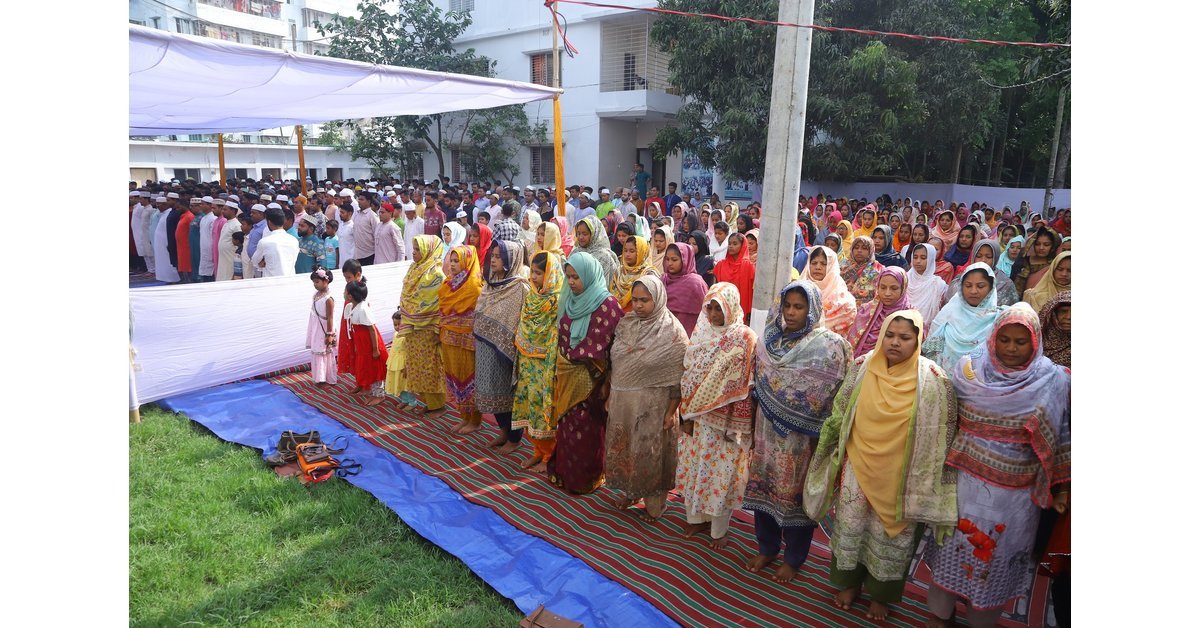
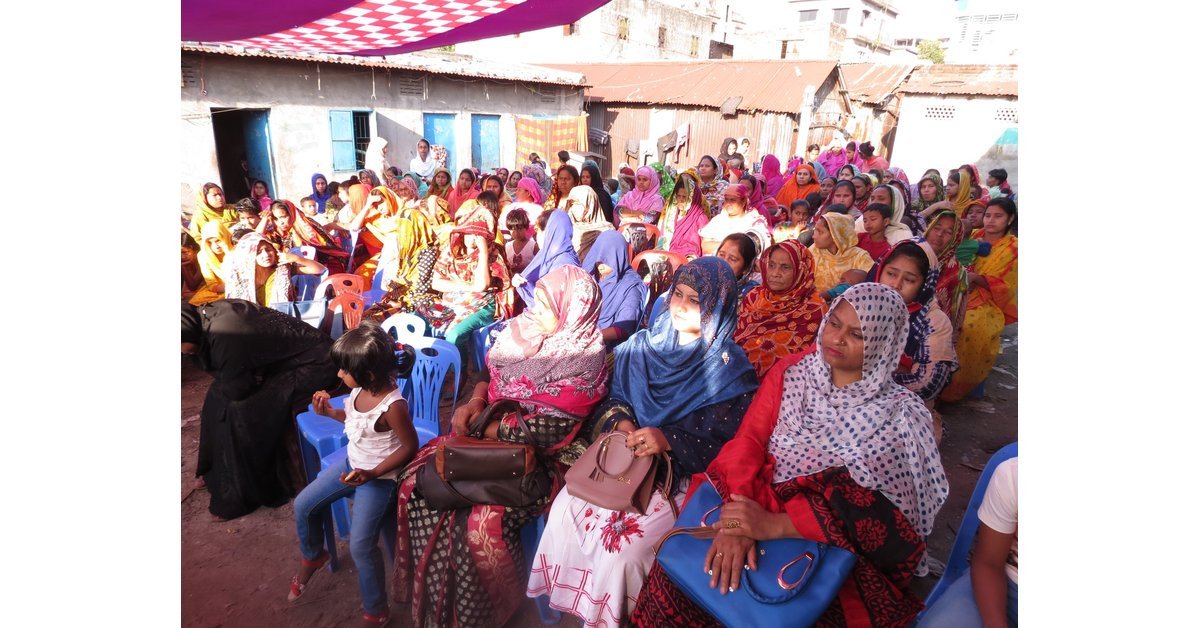

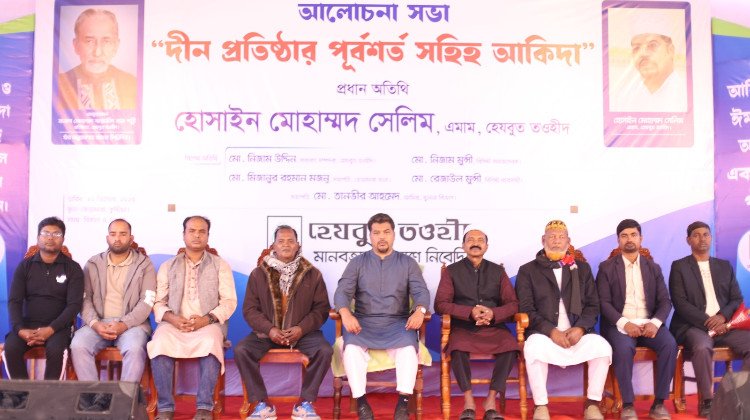




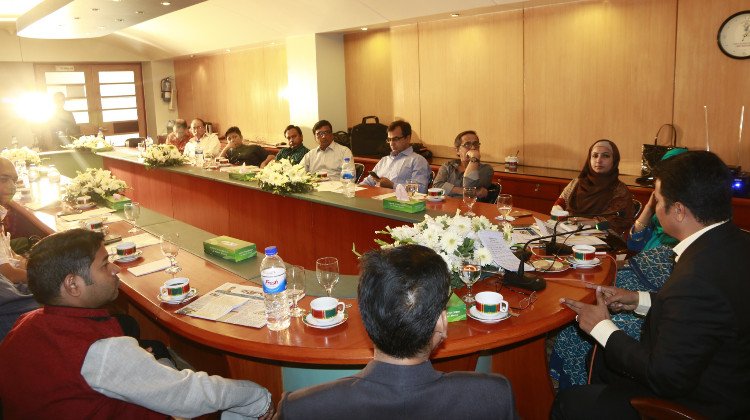

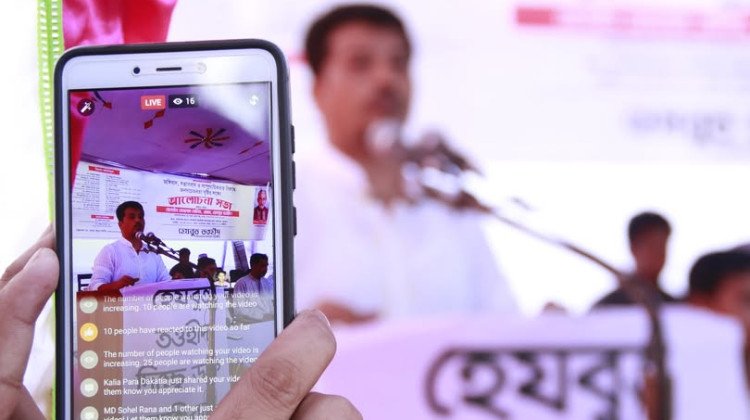
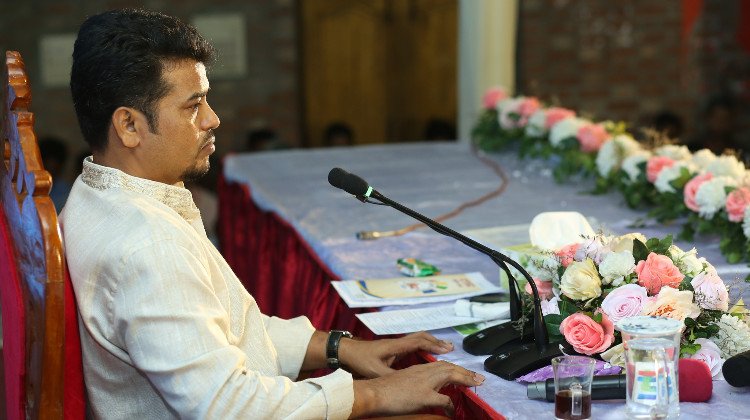



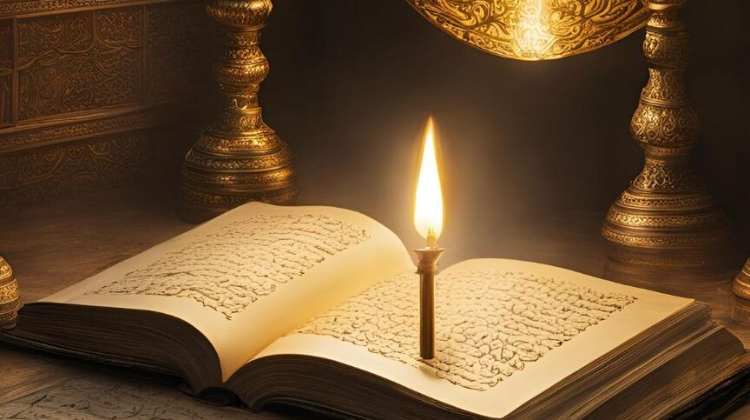


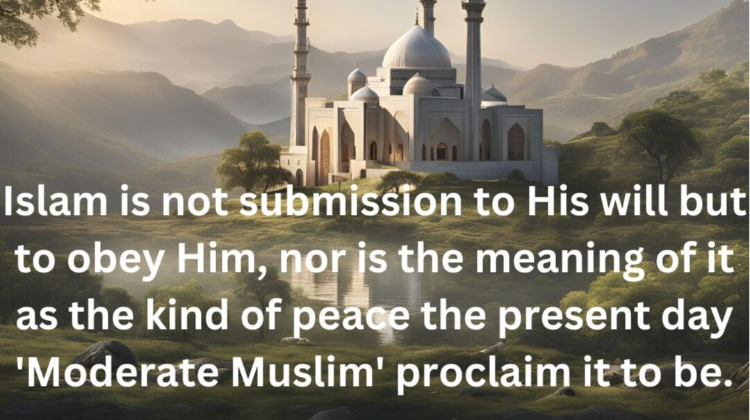

Leave a Comment